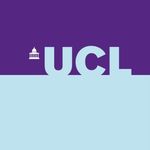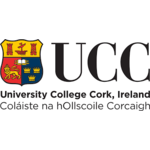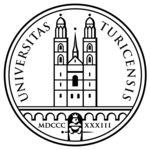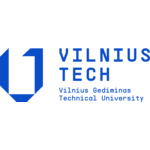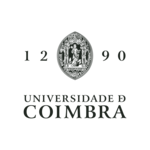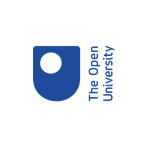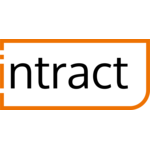Citizen Science
Sustainable institutional changes to promote public engagement and citizen science in research & innovation
Background
The relationship between science and society has undergone significant changes in the last decades, gaining increasing importance as a research field. Episodes of societal mistrust towards scientific orientations and positions have opened the way to a deeper reflection on how the scientific ecosystem could better take societal views into consideration, without taking for granted its automatic consensus. Citizen Science can help science to become more self-aware and reflexive about its role and impact on society and allows to incorporate view diversity into problem formulation and research questions and to share, transfer and practice scientific culture, contributing to the challenge of science education. To be properly realized, it calls for the contextual adaptation of procedural and operative dimensions, and as such it can become an enabler of change also at the governance level.
Key projects
TIME4CS aims at supporting and facilitating the implementation of sustainable institutional changes in research performing organizations to promote citizen science and more in general public engagement in science and technology. TIME4CS has identified 4 intervention areas that alone or combined can stimulate the institutional changes necessary to promote public engagement in R&I activities: i) Research; ii) Education and Awareness; iii) Support resources and Infrastructure; iv) Policy and Assessment.
Launched to support dissemination and impact for TIME4CS, the Citizen Science Helix is an international Open Innovation community of specialists in the fields of citizen and open science. The Helix supports the TIME4CS project's ambition to contribute towards shaping of sustainable institutional changes and promoting Citizen Science in Science and Technology.
Funded by the European Union. Views and opinions expressed are however those of the author(s) only and do not necessarily reflect those of the European Union or the granting authority. Neither the European Union nor the granting authority can be held responsible for them. This project has received funding from the European Union’s Horizon 2020 or Horizon Europe research and innovation programme under grant agreement No 101006201.

Funded by
the European Union
Upcoming Events
974 Experts
307 Organisations
58 Countries
The TIME4CS Project



